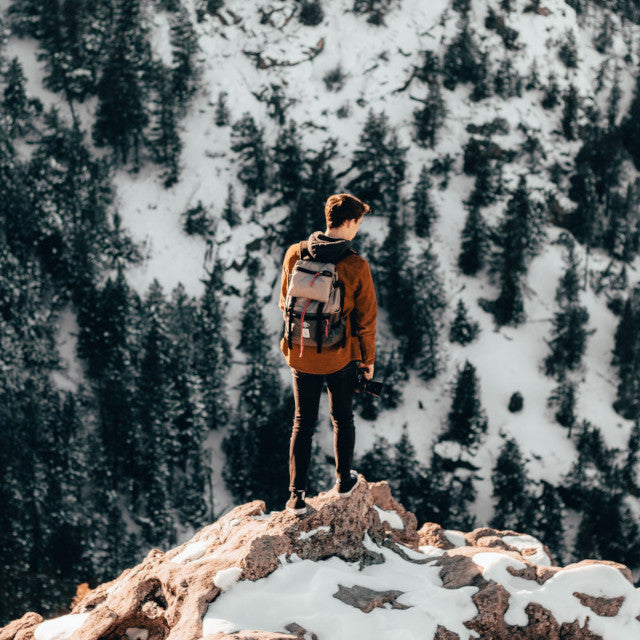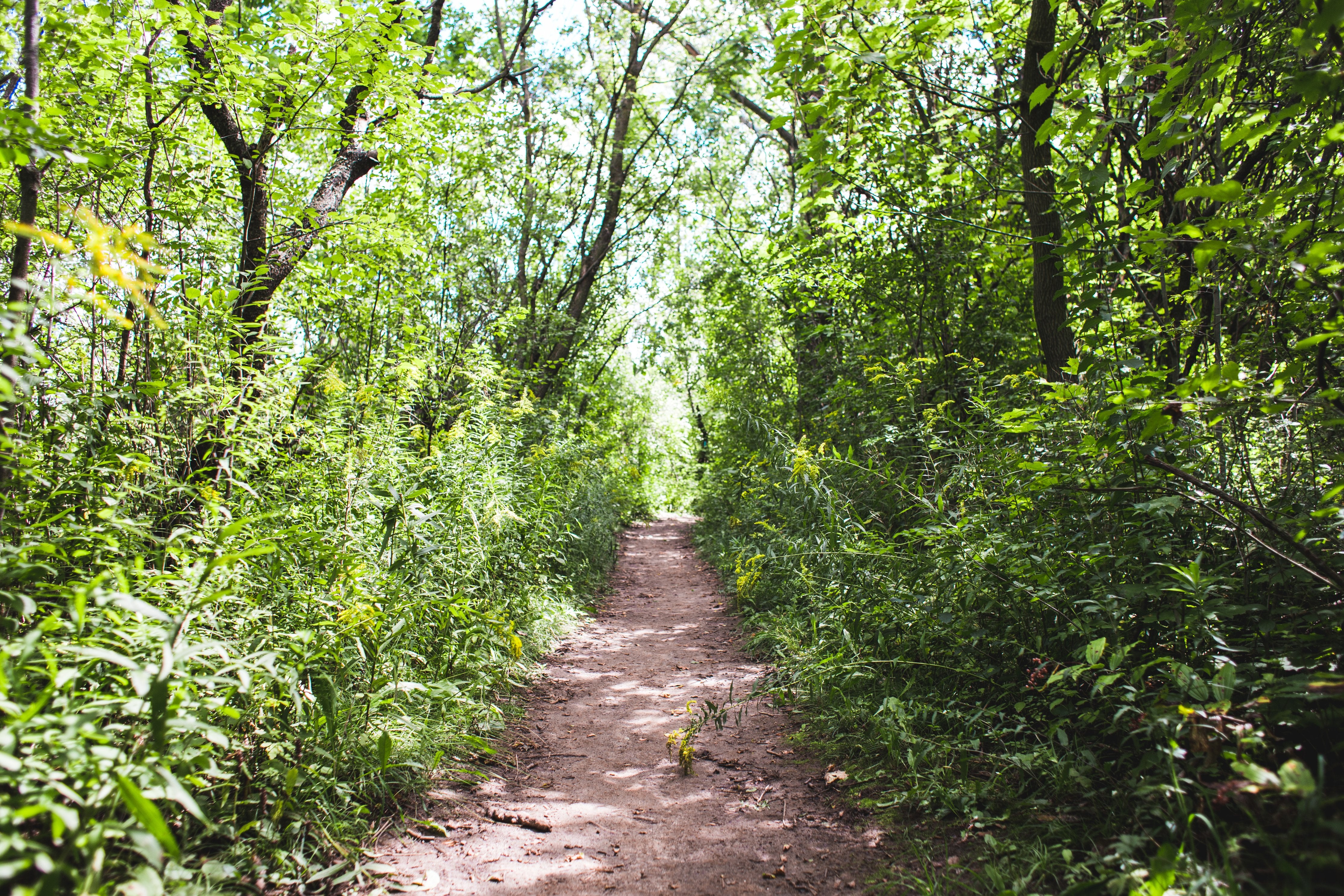Backpacking is a thrilling and adventurous way to explore the great outdoors, but it also requires a certain level of preparedness and knowledge. Whether you're a seasoned backpacker or just starting out, there are certain skills that every backpacker should know in order to make the most of their trips and stay safe in the backcountry.
Navigation: Knowing how to use a map and compass is essential for backpacking. GPS devices can be helpful, but they can also be unreliable in remote areas, so it's important to have a backup plan. GPS devices can lose power, fall and get damaged, or be unable to connect to a satellite. Make sure to learn the basics of map reading and compass navigation, and practice using them before hitting the trail. A topographical map (topo map) is invaluable to understand the terrain, natural and man‑made landmarks, and water sources. Deluxe Orienteering Compass
First Aid: Accidents and injuries can happen anywhere, but in the backcountry, help may be far away. Every backpacker should have a basic understanding of first aid, including how to treat common injuries and illnesses, and carry a first-aid kit that is appropriate for their trip. It’s also important to plan for the types of hazards you may likely encounter – snake bites, poison ivy, frostbite – and add the relevant first aid items to your standard first aid kit. Portable First Aid Kit
Fire-Starting: Fire is not only essential for cooking and staying warm, but also for signaling for help in an emergency. Knowing how to start a fire in different conditions and with different materials is a valuable skill for any backpacker. Be sure to be aware of and follow any fire hazard guidelines for the trail. There may be seasonal restrictions or fires may be prohibited entirely during times of drought.
Shelter-Building: Knowing how to construct a shelter can mean the difference between staying warm and dry or being exposed to the elements. There are many different types of shelters that can be built with a tarp, tent, or even just natural materials. For longer backpacking trips think lightweight. Waterproof Dome Tent
Leave No Trace: As outdoor enthusiasts, it's important to take care of our natural environment and preserve it for future generations. Leave No Trace is a set of principles that promote responsible outdoor ethics, such as minimizing impact, respecting wildlife, and properly disposing of waste. Check your local trail guidelines for carry-in carry-out requirements.
These are just a few of the essential skills that every backpacker should know. By mastering these skills, you can have a more enjoyable and safe backpacking experience and be prepared for anything that comes your way. Happy trails!
Photo by Jarod Lovekamp




Share and get 15% off!
Simply share this product on one of the following social networks and you will unlock 15% off!